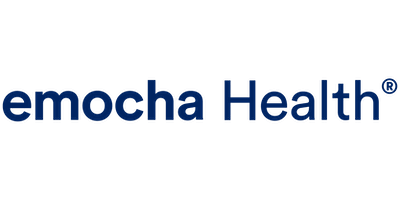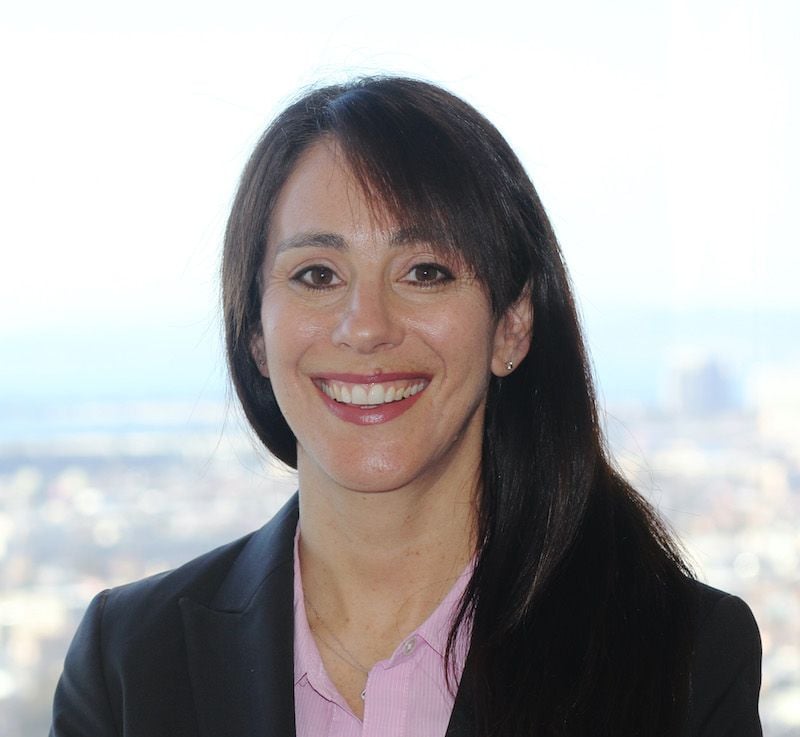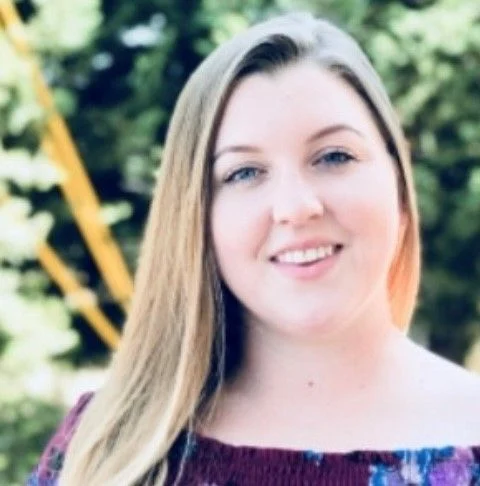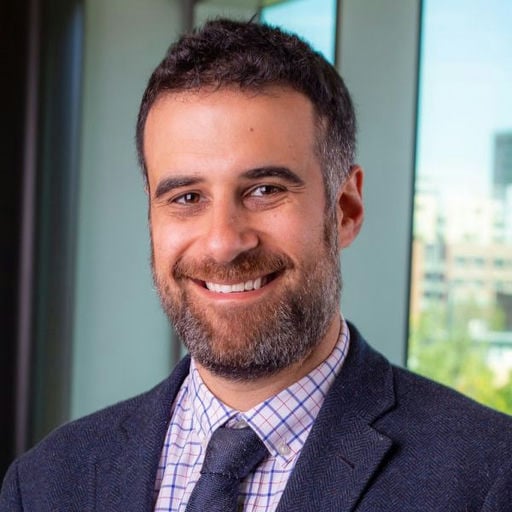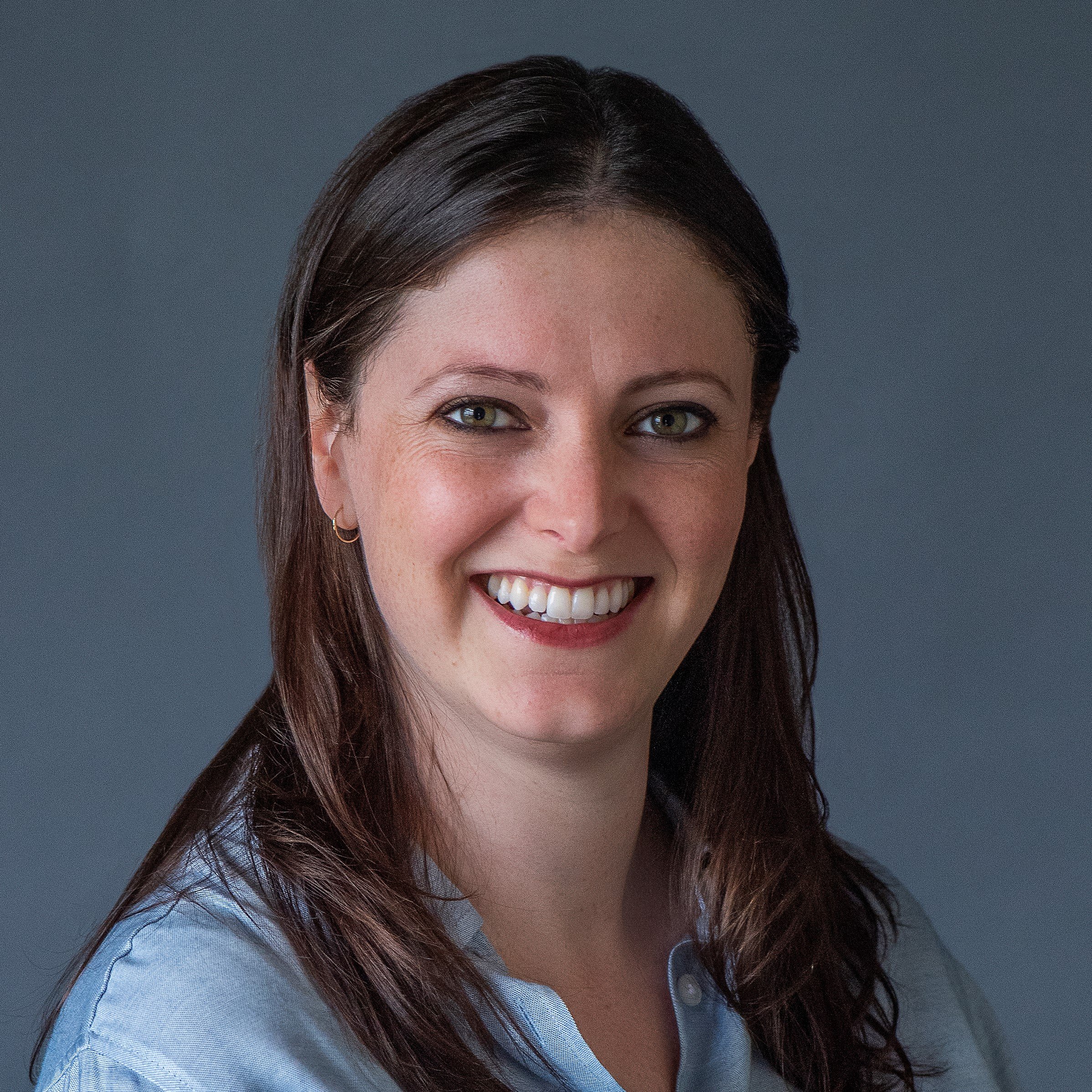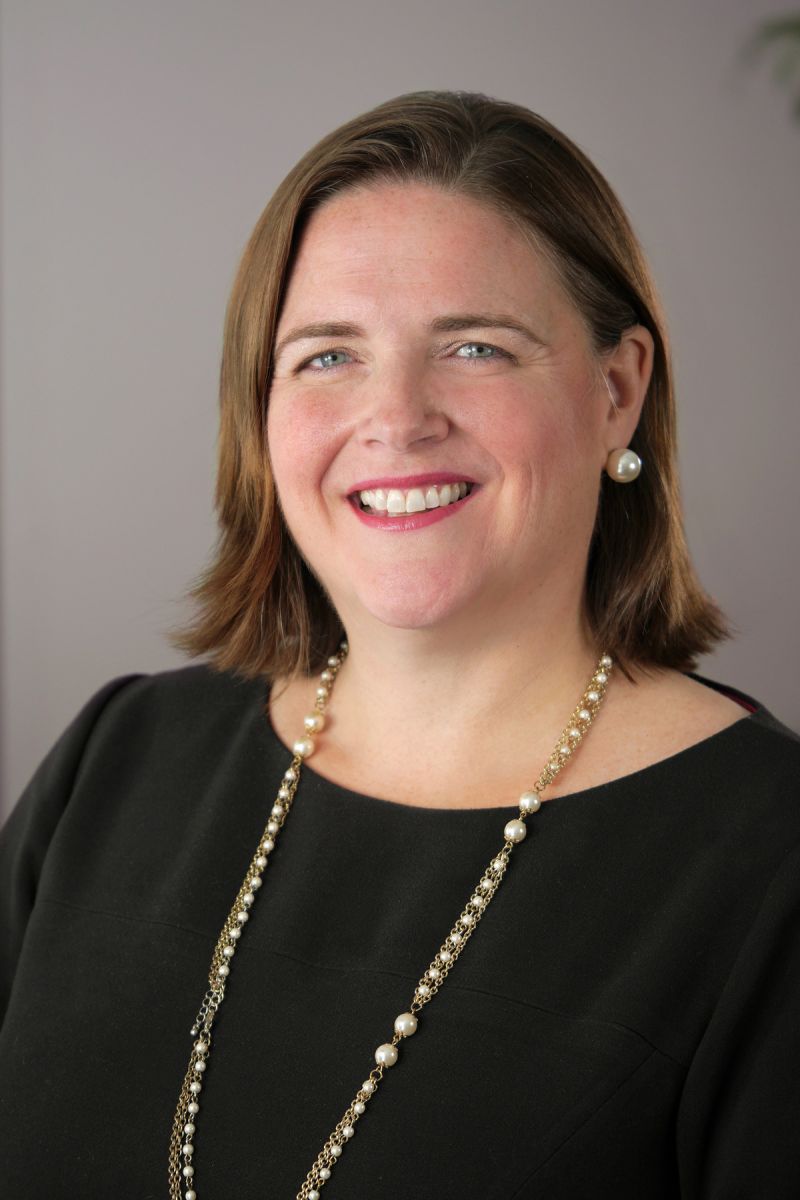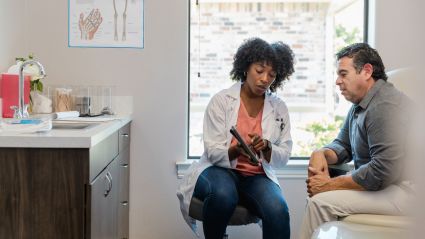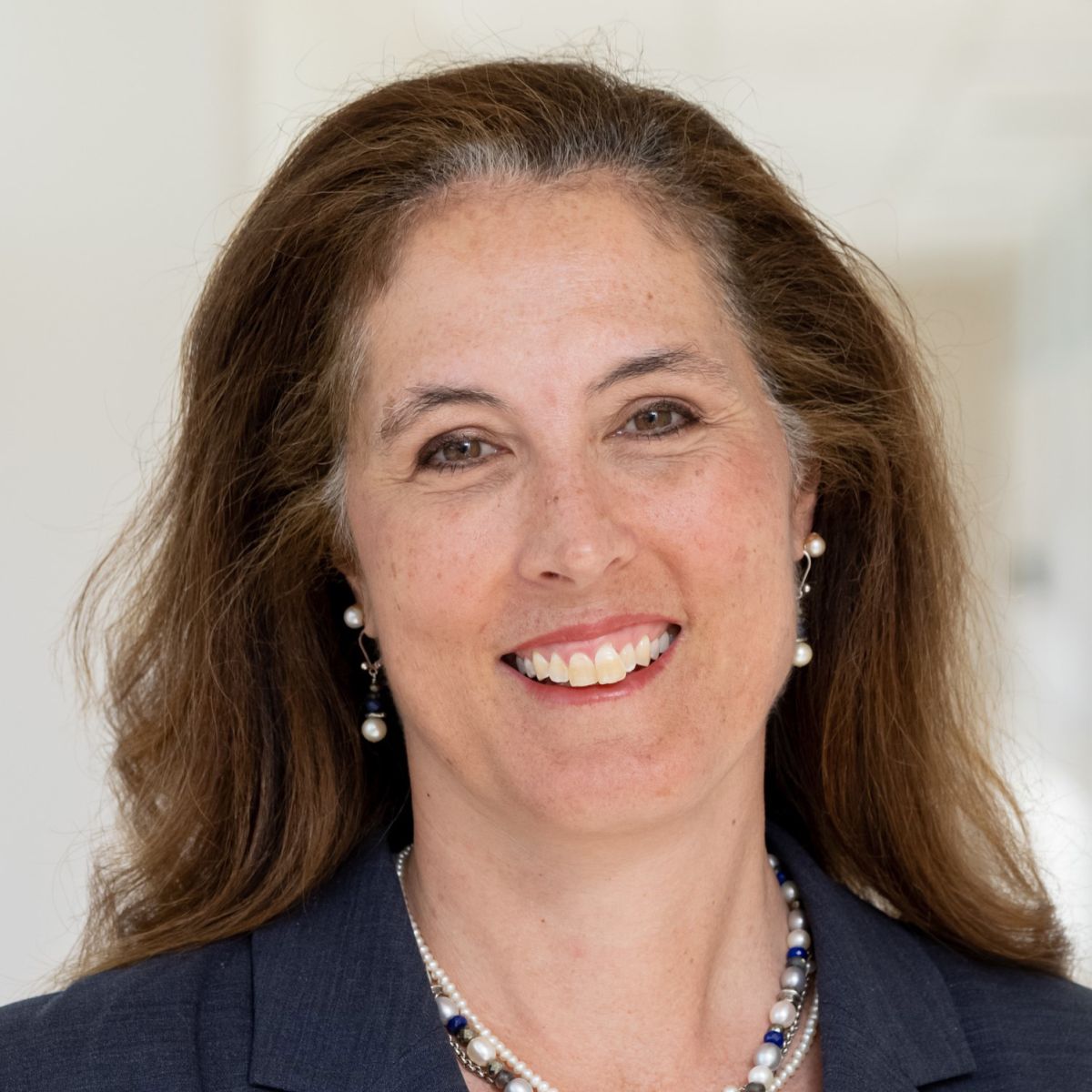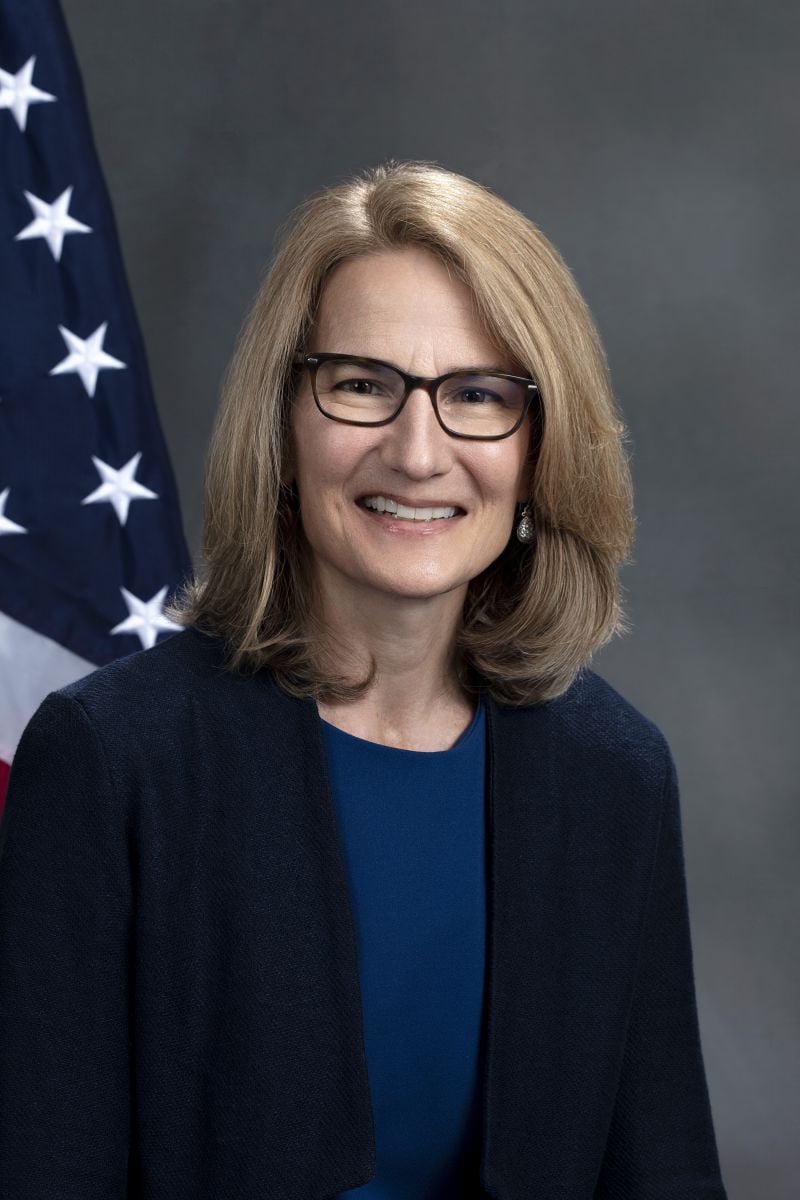FOCUS: Treatment
Emocha Health originally developed a smartphone-based platform to help health-care workers in Uganda treating HIV patients, and National Institute of Drug Abuse (NIDA) funding helped them turn it into a tool to monitor buprenorphine treatment compliance, track side effects, and give support to patients. Now they have adapted their tool to monitor and protect health-care workers who are at high risk from treating COVID-19 patients. Video check-ins via smartphone identify individuals who have been exposed to COVID-19, monitor their health, and help them manage their symptoms.
What does your business do? And what is unique about your health technology intervention?
Emocha’s video platform scales Directly Observed Therapy to help patients support adherence to life-saving therapies. Patients can participate in directly observed therapy through a secure mobile app on their smartphones or tablets to video record themselves taking their daily medications, receive reminders, secure-chat with counselors, and report any side effects. Health-care workers assess adherence through a web portal and check in as needed with their patients. Emocha allows the implementation of effective engagement strategies while achieving adherence goals.
How do you help people with the disease of addiction or in response to mental health needs?
Emocha is uniquely positioned to support remote dosing of Medication Assisted Treatment for patients with substance use disorders (SUDs), specifically for buprenorphine and methadone. In addition to increasing access to care for patients struggling with opioid use disorder (OUD) through our virtual communications platform, emocha seeks to improve medication adherence for patients on Medication-Assisted Treatment (MAT) with patient engagement—and strengthen retention in care.
Through efforts funded by NIDA and the Centers for Disease Control, emocha has experience and success in providing tools to support comprehensive, evidence-based care for patients with SUDs. A recently-published study in the Journal of Addiction Medicine found that patients were satisfied with emocha for buprenorphine treatment. Last month, a presentation at the Conference on Retroviruses and Opportunistic Infections indicated that HCV patients who use drugs achieved 98 percent medication adherence with emocha.
How has the COVID-19 pandemic impacted your work?
COVID-19 has increased the demand for remote monitoring solutions such as emocha. Emocha has launched a health-care worker monitoring service for hospitals, and a COVID-19 monitoring software for patients and close contacts for public health departments.
There have been numerous requests for emocha to help Opioid Treatment Programs (OTPs) during the COVID-19 pandemic. The pandemic threatens the health and safety of those who use opioid treatment programs, specifically for methadone maintenance treatment. OTPs must decide between allowing more take-home doses than they are comfortable with or exposing patients to the risk of COVID-19 in the clinic. Emocha launched last week with Evergreen Treatment Services in Seattle, an OTP with more than 2,000 methadone patients, and is beginning a grant-funded project with the UCSF VA to study how video Directly Observed Therapy could improve methadone maintenance in veterans with OUD during COVID-19.
While certain accommodations are crucial for safeguarding individuals who are prescribed methadone, adherence remains critical to the medication’s success and patient safety.
What is the biggest challenge as a result of the pandemic?
One of the biggest challenges in our work is the lack of Medicaid reimbursement for remote patient monitoring (RPM) services. While the Centers for Medicare & Medicaid Services updated a series of RPM codes to compensate providers for their use of technology, and modernize billing practices, these codes do not apply to Medicaid patients, many of whom have SUDs and could benefit from remote dosing services. Therefore, while bundled weekly payments for take-home doses may compensate providers for medication costs, cost-coverage for maintaining contact and monitoring patients remotely is not currently available in most state Medicaid plans.
What else would you like the broader community to know?
For patients prescribed methadone, who face the dual risk of a lack of structure and a highly-infectious disease, emocha’s existing platform can provide a rapid engagement framework that preserves observed dosing. The technology can be implemented in 48 hours, and Medicare now provides reimbursement for the monitoring of acute conditions such as COVID-19.
A recent partnership example from emocha and Evergreen Treatment Services can be found here.
